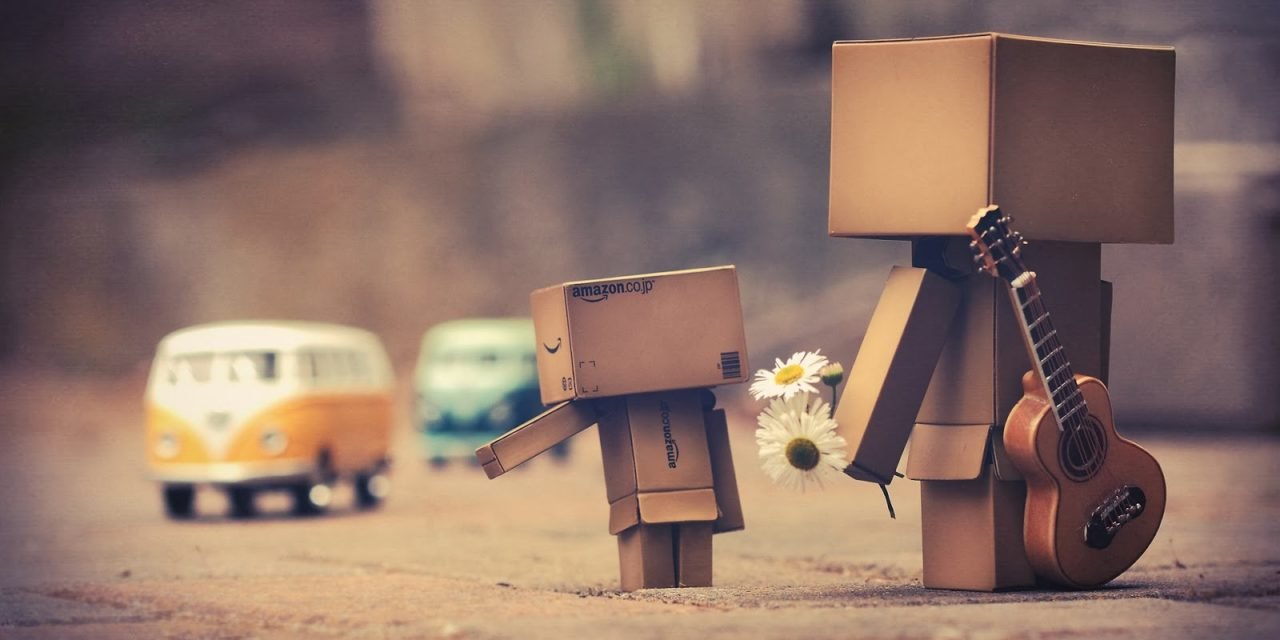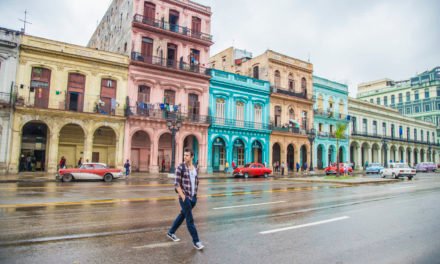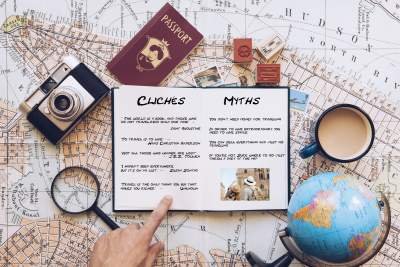Everybody loves “Travel” playlists. What I love even more are “Songs about Travel” playlists as every culture has a different way of expressing the desire of travel through language. As I’ve always been fascinated with travel, languages and different ways we express ourselves, I’ve compiled a selection of 10 songs about travel in 10 different languages that I probably took 10 years to find. Hope you enjoy. 🙂
1. Gomez – See the world (English)

Gomez are an indie rock band from Southport, UK.
2. Calle 13 – La Vuelta al Mundo – Around the World (Spanish)

Calle 13 are a indie rock/rap band from Trujillo Alto, Puerto Rico.
For full song lyrics and English translation go here.
3. Zdob și Zdub – Sunt Hoinar sunt Lăutar – I’m a Wandering Fiddler (Romanian)

Zdob și Zdub are a rock band from Chisinau, Moldova.
For full song lyrics and English translation go here.
4. Quruli – ハイウェイ – Highway (Japanese)

Quruli are an indie rock band from Kyoto, Japan.
For full song lyrics and English translation go here.
5. Skank – Nômade – Nomad (Portuguese)

Skank are an indie rock band from Belo Horizonte, Brazil.
For full song lyrics and English translation go here.
6. Negrita – Rotolando Verso Sud – Rolling over to the South (Italian)

Negrita are a rock band from Arezzo, Italy.
For full song lyrics and English translation go here.
7. Locomondo – Οδύσσεια – Odyssey (Greek)

Locomondo are a ska/reggae band from Athens, Greece.
For full song lyrics and English translation go here.
8. Jali – Española (French)

Jali is a Rwandan-born folk guitarist based in Belgium.
For full song lyrics and English translation go here.
9. Curly Strings – Kauges Külas – In a distant village (Estonian)

Curly Strings are a folk band from Tallinn, Estonia.
For full song lyrics and English translation go here.
10. The Local Train – Dil Mere (Hindi)

The Local Train are a rock band from Chandigarh, India.
For full song lyrics and English translation go here.
So these are my top 10 songs about travel in different languages. Have you got a favourite song out of these 10? Or have you got any other suggestions in your language? Please let me know! Sharing is caring 🙂
Also, if you’re on Spotify, check out my travel playlist here. I update it regularly.









Oh this is such a great compilation! I would love to have a CD with all these songs… it is just perfect to learn languages with music… and on top it really triggers my wanderlust. I didn’t know any of the songs before.
What a great idea for a post. I haven’t heard any of these but I love music from different countries and will definitely check out all of them. A suggestion from me would be to add a song from Macedonia by the name of Skitnik (Wanderer) by Jakov Drenkovski (check it out on YouTube). Here’s a rough translation of the verse
I do not know the paths that I’m heading to,
the land on which I sleep is my future home,
the wind that whispers to me on this journey,
I know, is a friend of mine.
I know, however, that one day I’ll find my home
and everything will pass like a dream,
everything will pass in a blink of an eye
or perhaps I’m wrong…
Thanks a lot Daniel! I’ll definitely add Skitnik on my travel playlist! Great song!
No prob, I’m glad you liked it 🙂 it’s one of my favorite songs
Wow! this is such a wonderful idea. I would love to add this to my music list. As we have heard….MUSIC knows no boundaries.
WOw this is such a great idea for an artile! I love music from different countries, especially when it comes to traveling. Please add polish song by Chocolade spoon “ja jestem wolny” this is my favorite about traveling from my country. I loved the hindin one from your list. Perfect post, I am saving it!
Thanks Anita! Listened to Chocolate Spoon and loved the song! It’s definitely going on the list! 🙂
What an interesting collection of travel songs! I have a playlist for when I travel but not necessarily anything to do about travel. some of the lyrics are funny and I wonder if its because it literally means one thing in the original language but not quite what it means in English. Although “to wander all around the world and to break girl’s hearts” is pretty clear!
I must say there is nothing better than a great tune in the car and travelling through a great new city/ country . As you see music doesn’t depend on language and you can be in a far away country and listening to some music that you may not understand a word about yet enjoying it. I did hear a few and my favorite was Quruli – ハイウェイ – Highway (Japanese). Thanks for sharing a very different post
What a unique article. Thanks for sharing it was fun listening to the songs. I will enjoy thinking about a playlist as well now of my favourite songs about travel.
This was such an unique and wonderful idea for a blog post! There are so many songs that are travel related to me, because I like to listen to them when we leave somewhere. Especially at the summer time. The Estonian song is the only one I knew. Music just gets you on that right set of mind.
This is a great list! To be honest I haven’t heard any of those songs. I also created a similar list: Filipino Travel Vloggers and their music.
lovely songs! I know Zdob zi Zdub and love them! So much fun!
lovely songs! I know Zdob zi Zdub and love them! So much fun!
I will have to make time to listen to these songs. I do travel a lot and adding new songs to my playlist is something I do before I head on to my next adventure.
Oh love travel quotes and travel lyrics. I love to be inspired by songs.
Now I know that songs should I add to my playlist! I admire your diligence in compiling these songs 😀
lovely songs! I know Zdob zi Zdub and love them! So much fun!
What a great post! I love learning songs from different countries. So much diversity!
It’s fun to learn about new songs, I love music!!!
thanks for sharing these lovely travel songs from different countries to help expand and enrich me ; )
Wow that’s an interesting collection of travel songs. Surely will be adding these up in my playlist. Different languages will surely add to the feel of fernweh. Thanks for this.
Such a wonderful list of lovely songs. I will get the songs I dont have yet on my phone soon.
What an awesome list! I’m definitely adding a few new songs to my traveling playlist. Thank you for sharing 🙂
Such a fun post! I hardly ever listen to music in other languages, but this is a great place to start.
Such a interesting read! I wish I could sing all those songs as well.. great complication!
What a cool idea for a post! And it looks like you really did your research to find songs from a bunch of different languages and find out what the lyrics mean! Thanks for sharing 🙂
I don’t think the title of your article matches the content lol. Just kidding, mainly because I had some doubts after reading the article.